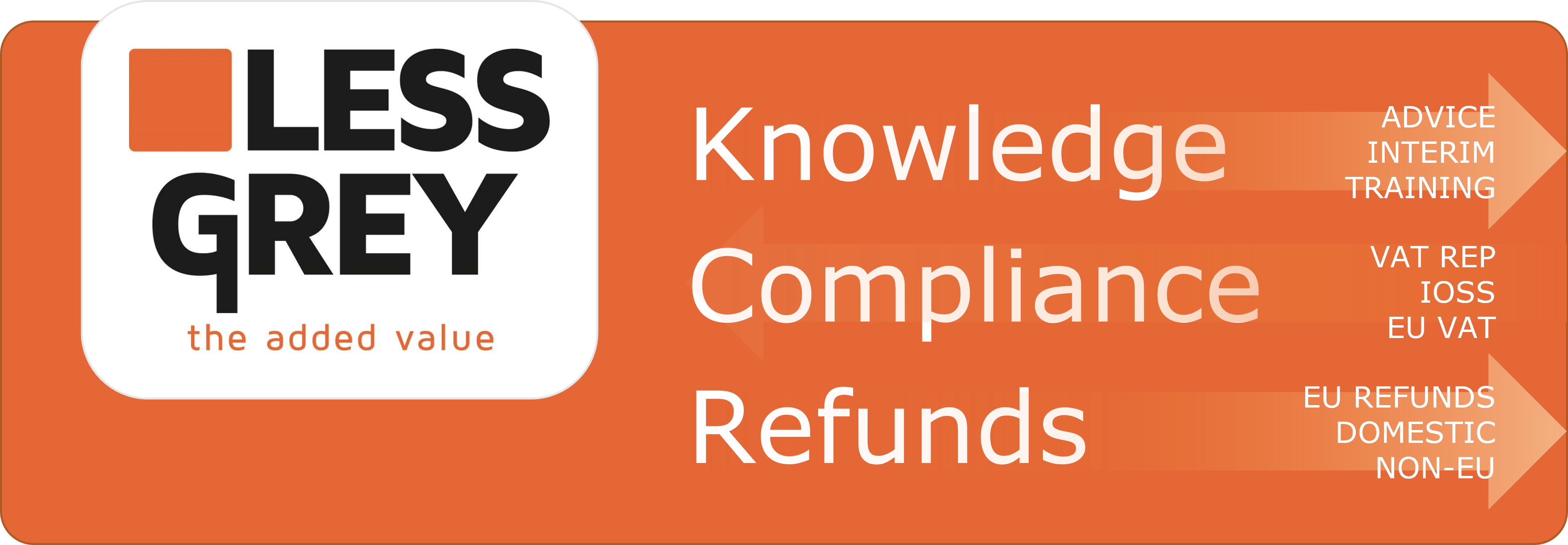Refusal of zero VAT rate and fines for involvement in VAT fraud. Art. 6 ECHR and art. 47 EU Charter (fair trial); when cautioning, should the tax authorities also inform about the right to legal assistance? Does the ECHR Salduz ruling also apply to tax surcharges, or does the ECHR Jussila ruling limit that safeguard in matters outside the hard core of criminal law? If obligatory: what are the consequences of a failure to refer to legal assistance? And is the refusal of the zero rate also considered a criminal charge?
Facts: The taxpayer deals in cars. In 2015 and 2016, they sold cars to apparently Hungarian buyers, but the cars went to Berlin. The sales invoices do not mention the actual buyers of the cars. Following a tax audit, the Inspector denied the zero rate on the intra-community transactions and levied €134,521 for 2015 and €203,831 for 2016. He imposed fines of €67,260 and €101,915 (50%). The audit report cites two statements made by the taxpayer’s (indirect) director and (indirect) shareholder. Before making those statements, the caution was given to him, but he was not informed of his right to legal assistance. The taxpayer’s tax advisor was present during the second statement.
The issue is whether the zero rate was rightfully denied and whether the two statements of the taxpayer’s director should be disregarded due to a violation of Art. 6 ECHR and Art. 47 Charter for the proof of intent or gross negligence of the taxpayer in underpayment of VAT.
The Arnhem-Leeuwarden Court of Appeal disregarded the statements. Without those statements, according to the Court, the Inspector did not prove that the taxpayer acted with intent. The Court considered the remaining evidence convincing for the subsidiary allegation of gross negligence. The Court reduced the fines to 25% of the additional assessments.
Both parties filed appeals in cassation. Both appeals raise the question of the extent to which the Salduz case law of the ECHR on the right of a suspect to assistance by a lawyer also applies outside the hard core criminal law, especially in punitive administrative law. In cassation, the taxpayer also argues that the refusal of the zero rate is a criminal charge and that the failure to refer to legal assistance should also have consequences for the additional assessments.
The State Secretary considers that Art. 67f AWR, Art. 6 ECHR, and Art. 47 and 48 Charter have been violated because the Court of Appeal disregarded the statements. Salduz and the EU Directives on the rights of a suspect do not apply, in his opinion, beyond what those Directives call criminal proceedings (prosecution by the Public Prosecutor before the criminal court). Alternatively, he finds the Court’s reasoning incomprehensible because it overlooks that the taxpayer was indeed assisted by a tax advisor during the second conversation.
The taxpayer argues that the statements of their director should not only be excluded from evidence for the grounds of the fines but also for the evidence for the additional assessments because she also considers the refusal of the zero rate as a criminal charge, since fraud awareness is required for that, so the tax authorities should have also informed the director of the right to legal assistance in that respect, and the failure thereof entails that those statements should also be disregarded for the assessment.
A-G Wattel considers the refusal of the zero rate not a criminal charge but a means to correct VAT assessment, to which the Netherlands is obliged under the directly effective general principle of EU law that abuse and fraud regarding EU law are prohibited. This means that in bad faith, the objective conditions for deduction, exemption, or refund of VAT are not met, as explicitly stated by the ECJ in the Italmoda case. ECHR Segame SA v. France shows that the ECHR also attaches great importance to correct tax assessment.
From the ECHR judgments Jussila v. Finland, Segame SA v. France, and Chap Ltd v. Armenia, it appears that the requirements set by Art. 6 ECHR for a fair hearing in a criminal charge do not necessarily apply in their full stringency in matters falling outside the hard core of criminal law, such as in any case fiscal-administrative fines (tax surcharges), however high. Although this case law does not explicitly state that a right to legal assistance does not need to be pointed out in the case of intended administrative fines, it also does not state that it must be. In hardcore criminal cases, the ECHR follows a two-step approach in assessing an alleged violation of an aspect of Art. 6 ECHR, for example in Beuze v. Belgium. If that aspect of Art. 6 ECHR is violated, the conclusion that Art. 6 is violated does not automatically follow because the aspects of Art. 6 are not ends in themselves but aimed at achieving a fair trial, so a further assessment follows whether despite this, the procedure as a whole can be considered fair. The A-G suspects that the ECHR would find Art. 6 ECHR violated in this case. However, this does not mean that the procedure cannot be considered fair overall, as it is by no means excluded that the procedure as a whole can still be considered fair. The taxpayer’s director was free to terminate or interrupt the conversations to consult a legal person of his choice and to have them present during the conversations. Moreover, the taxpayer’s director was not deprived of his liberty or summoned for questioning by the police or at the tax office when he was heard; this happened in his own business premises. Furthermore, he had legal assistance by a tax advisor during the second conversation, which according to the A-G makes a referral for legal assistance unnecessary.
The Court of Appeal has attached the consequence to the mere failure to point out the right to legal assistance simultaneously with the caution that the statements cannot serve as evidence for the basis of the fines, unless the taxpayer has not been prejudiced in her defense by that omission. The Court did not examine the latter, but merely considered that the Inspector did not allege that the taxpayer was not prejudiced in her interest. A-G Wattel considers this allocation of the burden of proof and the consequences of exclusion of evidence incorrect; and also the consequence of excluding evidence. According to A-G Wattel, if a taxpayer believes that a – possible – violation of one aspect of Art. 6 ECHR has prejudiced her defense interest in a way that overall no longer a fair hearing can be spoken of, she must argue that and how that would be the case. He also finds it incomprehensible with the State Secretary that the Court unreasonably overlooks that the taxpayer was indeed assisted by a legal person of his choice during the entire second conversation. Furthermore, it follows from the Schenk case law of the ECHR and the ECJ judgments La quadrature du net and Prokuratuur that determining the consequences of possibly unlawful evidence acquisition is a matter of national procedural autonomy and that less far-reaching consequences than exclusion of evidence are possible. National autonomy implies for the Netherlands that evidence is only unusable if it has been obtained by the tax authorities themselves in violation of the principles of good governance or has been obtained in a manner that so blatantly contradicts what can be expected of a properly acting government that it must be excluded under all circumstances. A-G does not seem to find this to be the case in this instance, partly because the auditor could not have known that Salduz would
reach so far, and it is still far from certain that Salduz does indeed reach that far. The State Secretary suggests referring to the ECHR for an advisory opinion, but according to A-G Wattel, the case must first be referred back to the lower court for new examination of the facts and assessment in light of the correct legal standards. Without this, questions to the ECHR are hypothetical.
Conclusion: taxpayer’s appeal in cassation unfounded; State Secretary’s appeal in cassation well-founded. Referral to another Court of Appeal.
Source: uitspraken.rechtspraak.nl
Note that this post was (partially) written with the help of AI. It is always useful to review the original source material, and where needed to obtain (local) advice from a specialist.















